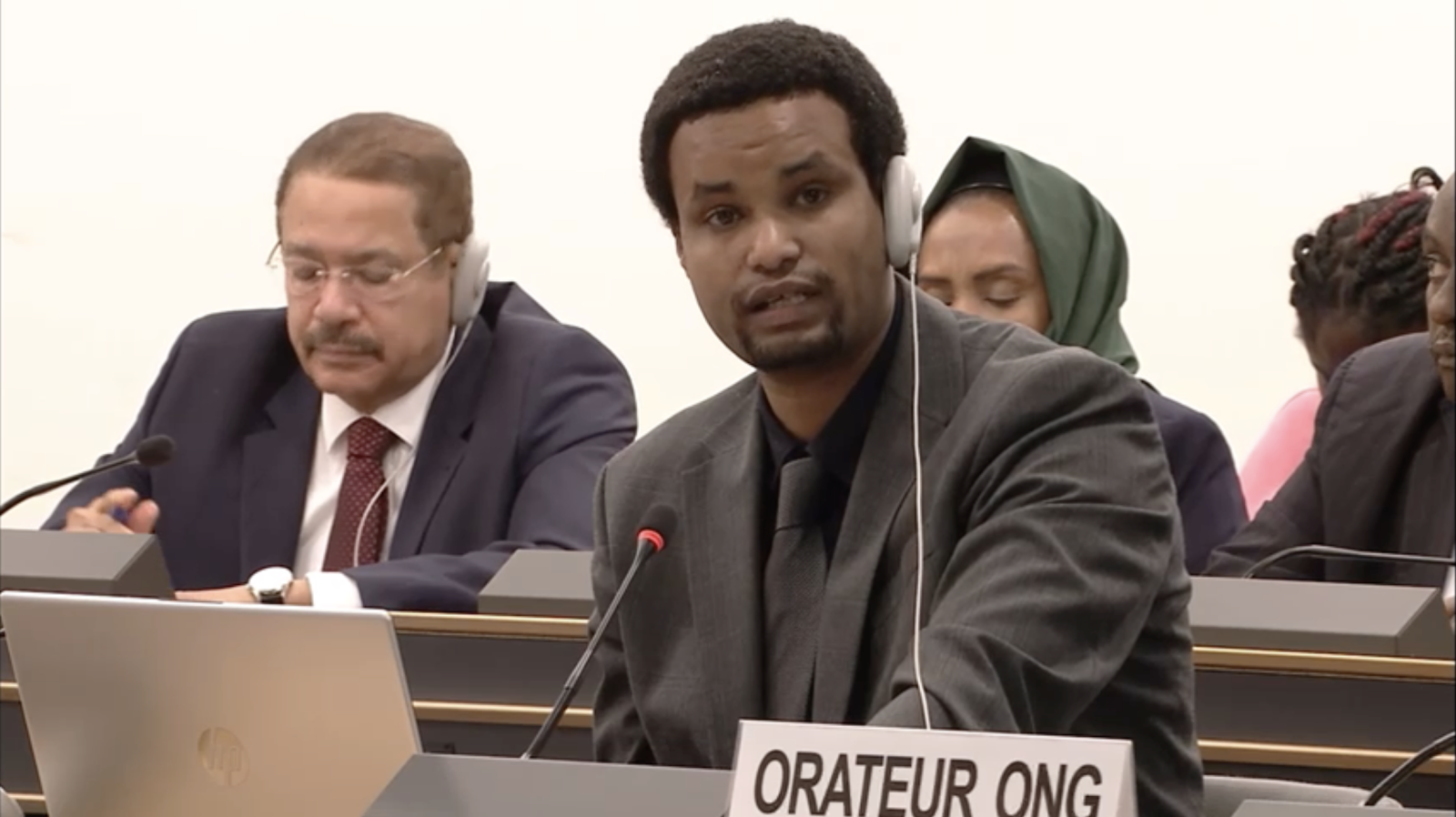The 60th Session of the United Nations Human Rights Council
8 September – 8 October 2025
Item 6: UPR Guinea-Bissau (25 September 2024)
Statement of the International-Lawers.Org
Delivered by Léa Farge / GICJ
Thank you,
We commend Guinea-Bissau’s work to implement the recommendations from the last UPR cycle, reflecting its commitment to advancing democracy and social justice.
The government’s approval of a National Anti-Corruption Strategy is a significant step towards improving the rule of law. Guinea-Bissau must now intensify its efforts to implement this strategy to guarantee the full respect of freedom of assembly, expression, and press, which continue to face major restrictions.
Moreover, although the creation of the project on the right to a life free from violence is encouraging, the judicial system must be strengthened to combat violence and discrimination against women. According to data from the June 2025 meeting of the Human Rights Committee, about 50% of women in Guinea‑Bissau have undergone female genital mutilation; in the Gabu region, 95 % of women are affected. This figure highlights the critical need for the full implementation of the National Strategy for the Elimination of this practice, alongside adopting legislation setting the minimum marriage age at 18.
Another critical area of concern is education. The adoption of a national strategy for out-of-school children and the corresponding budget implementation plan deserve recognition. However, access to education, especially for girls and children in rural areas, remains insufficient; further work is required to ensure that all children receive a free and inclusive education.
We emphasize the need to strengthen the legal and institutional framework protecting fundamental rights in the country. Guinea-Bissau must reinforce national human rights mechanisms, enhance cooperation with the UN system, and fully implement the report’s recommendations to reaffirm its commitment to justice, equality and human dignity.
Thank you.








